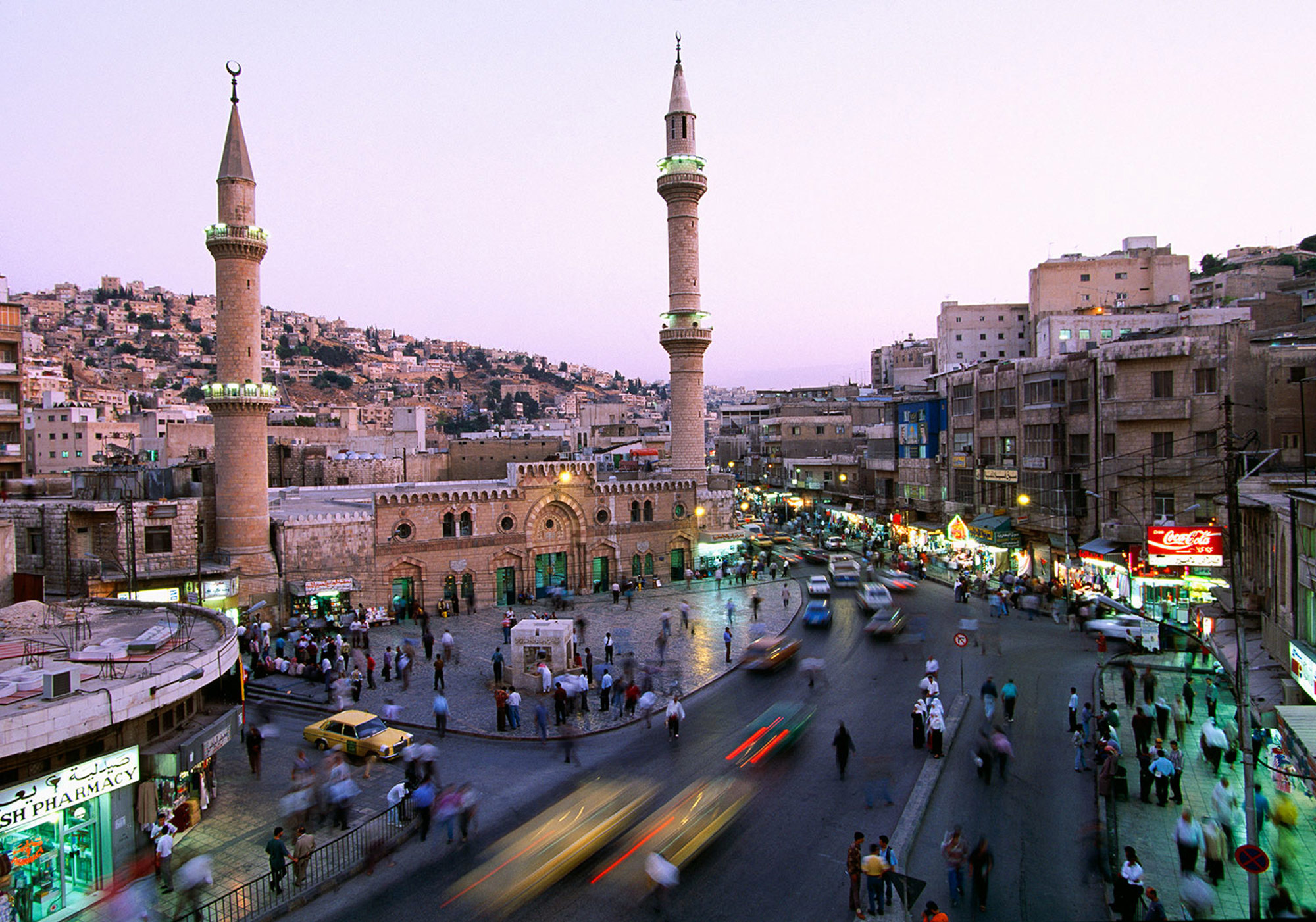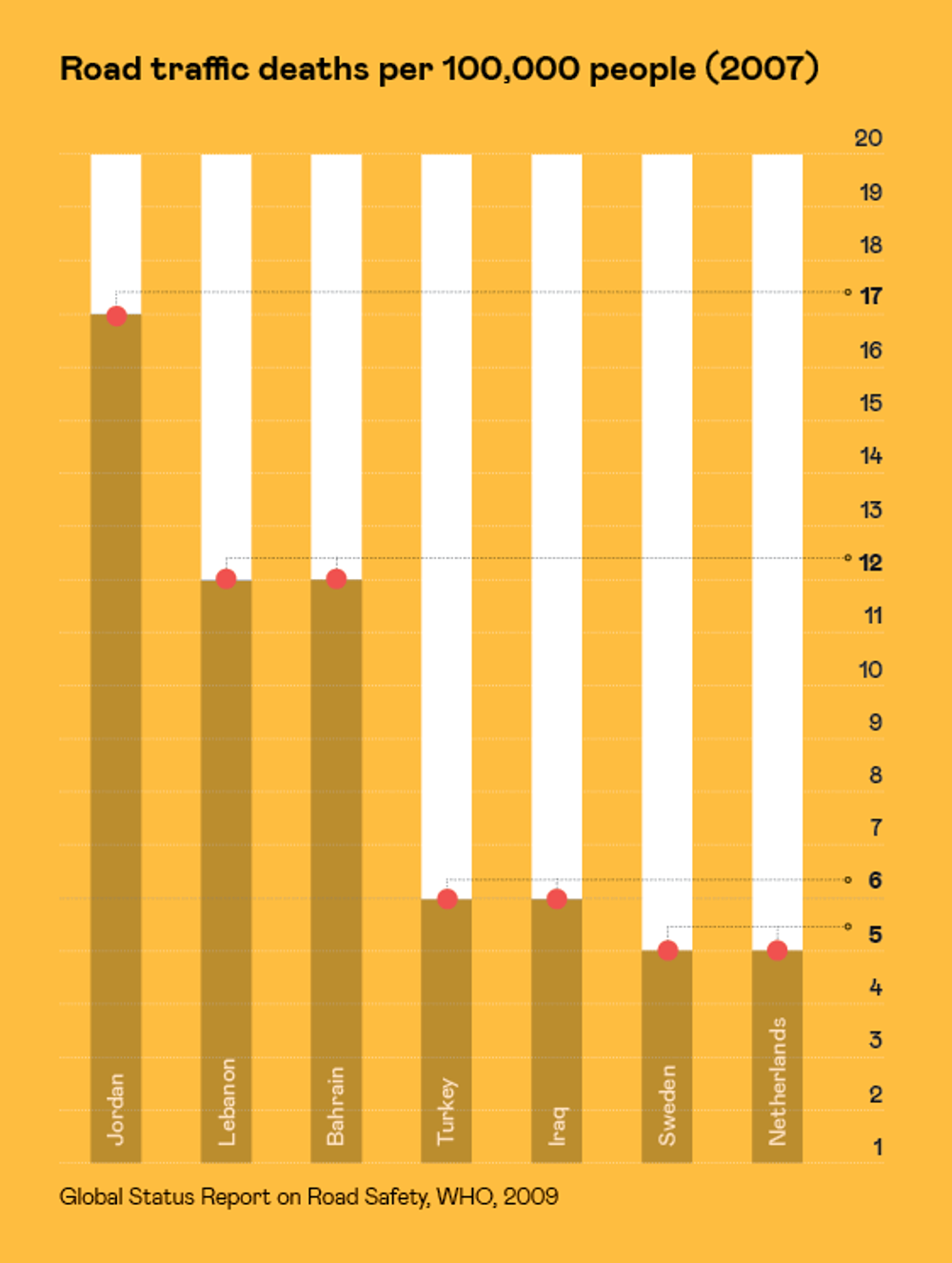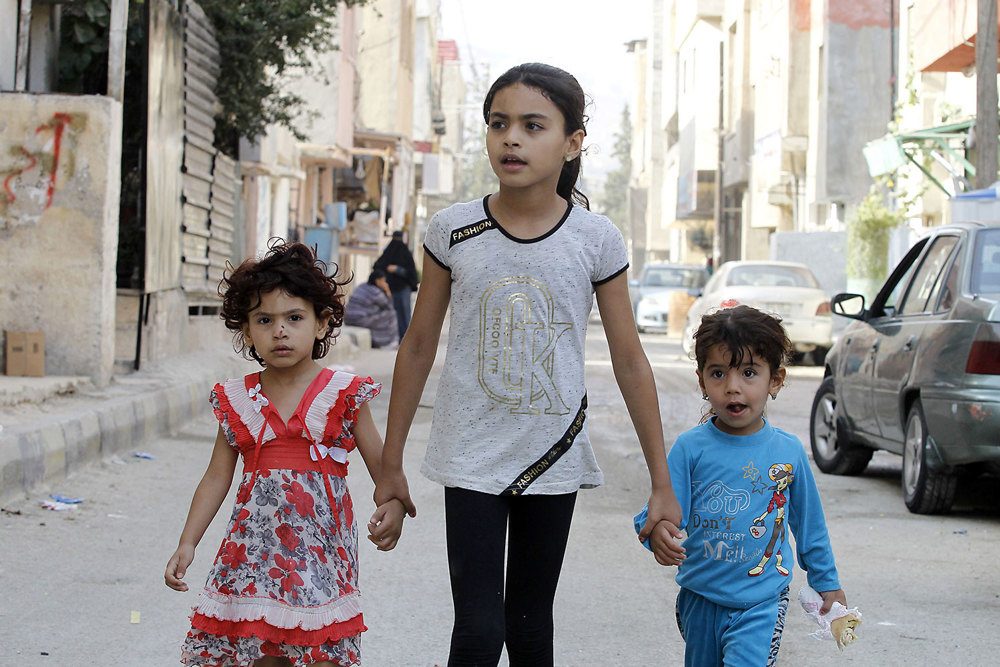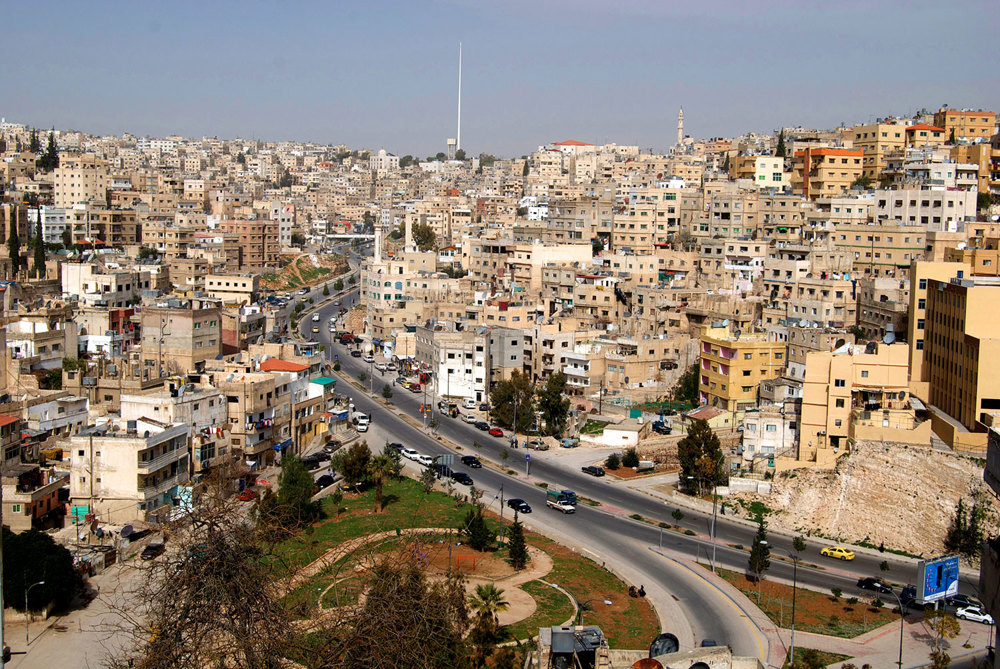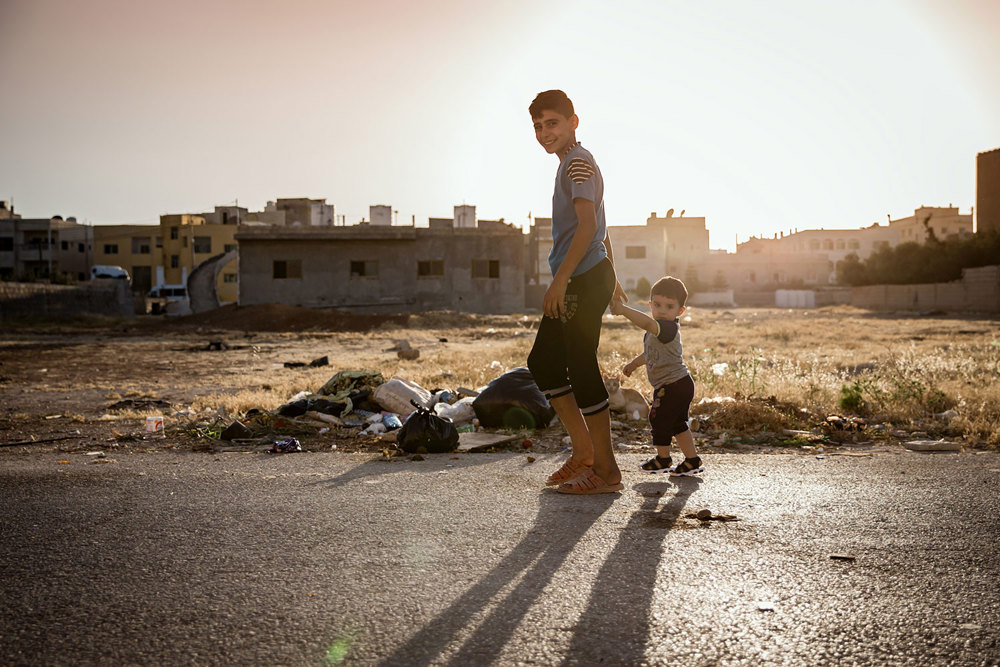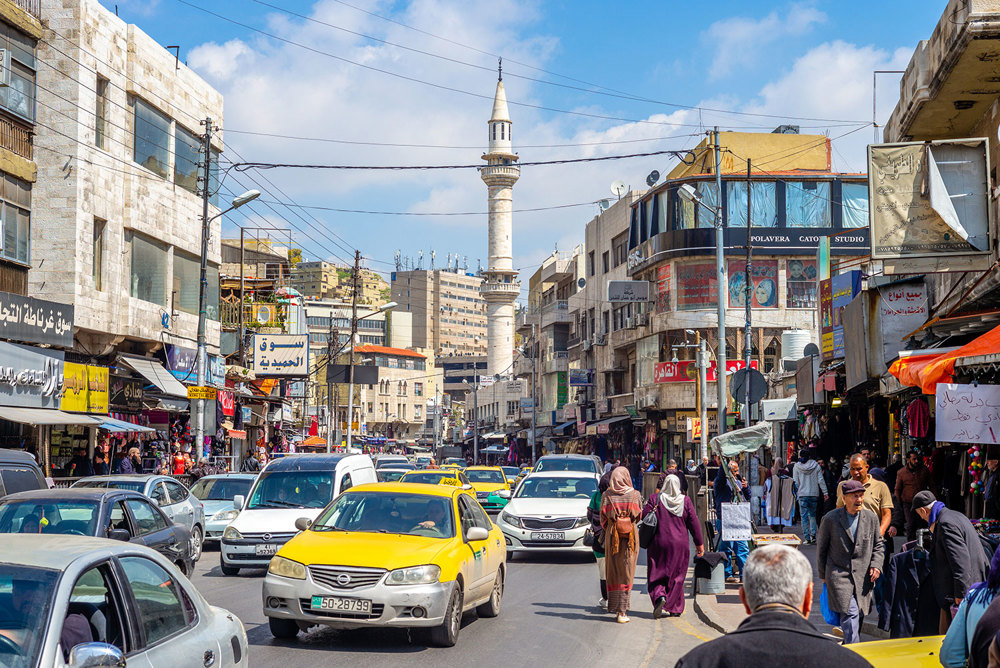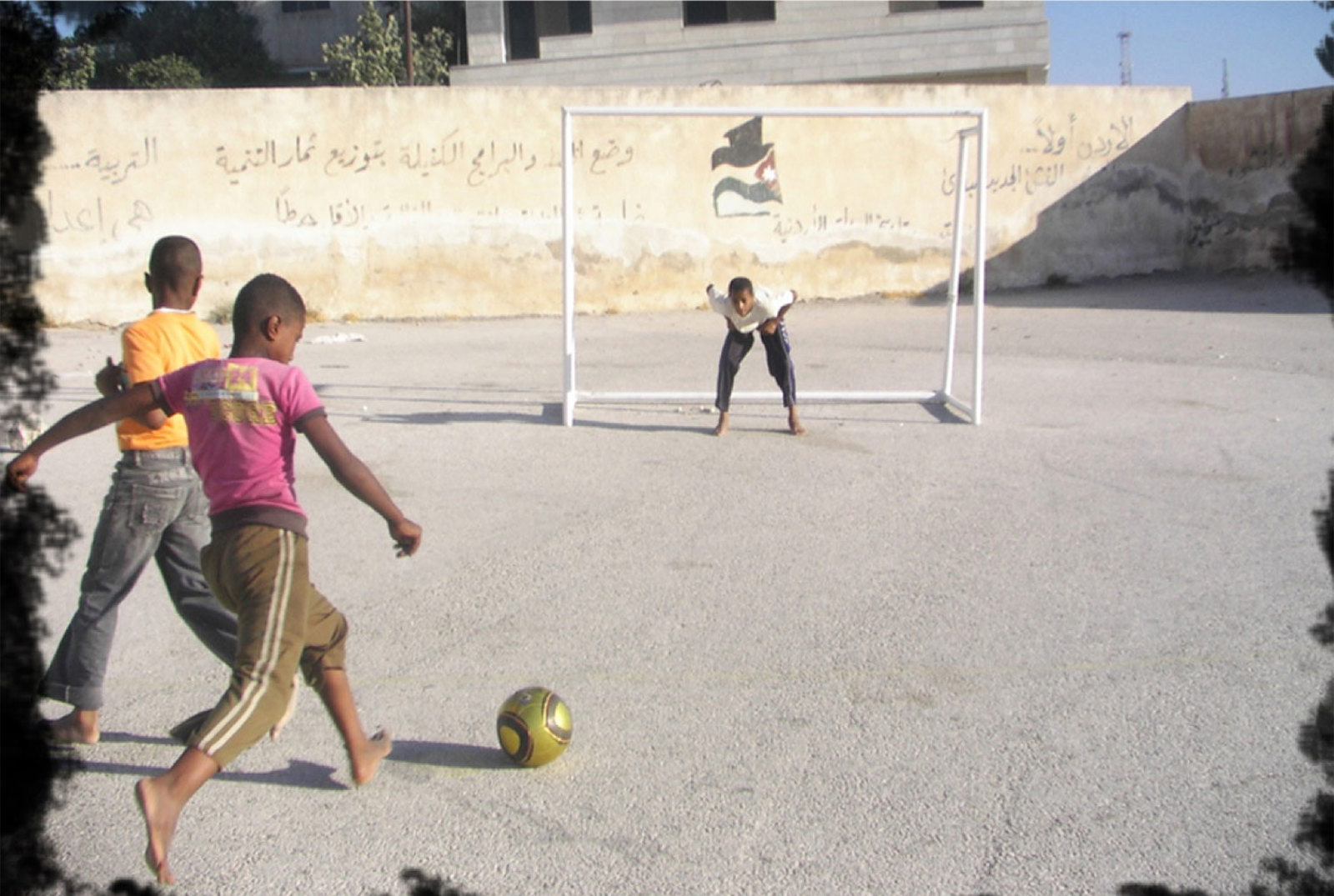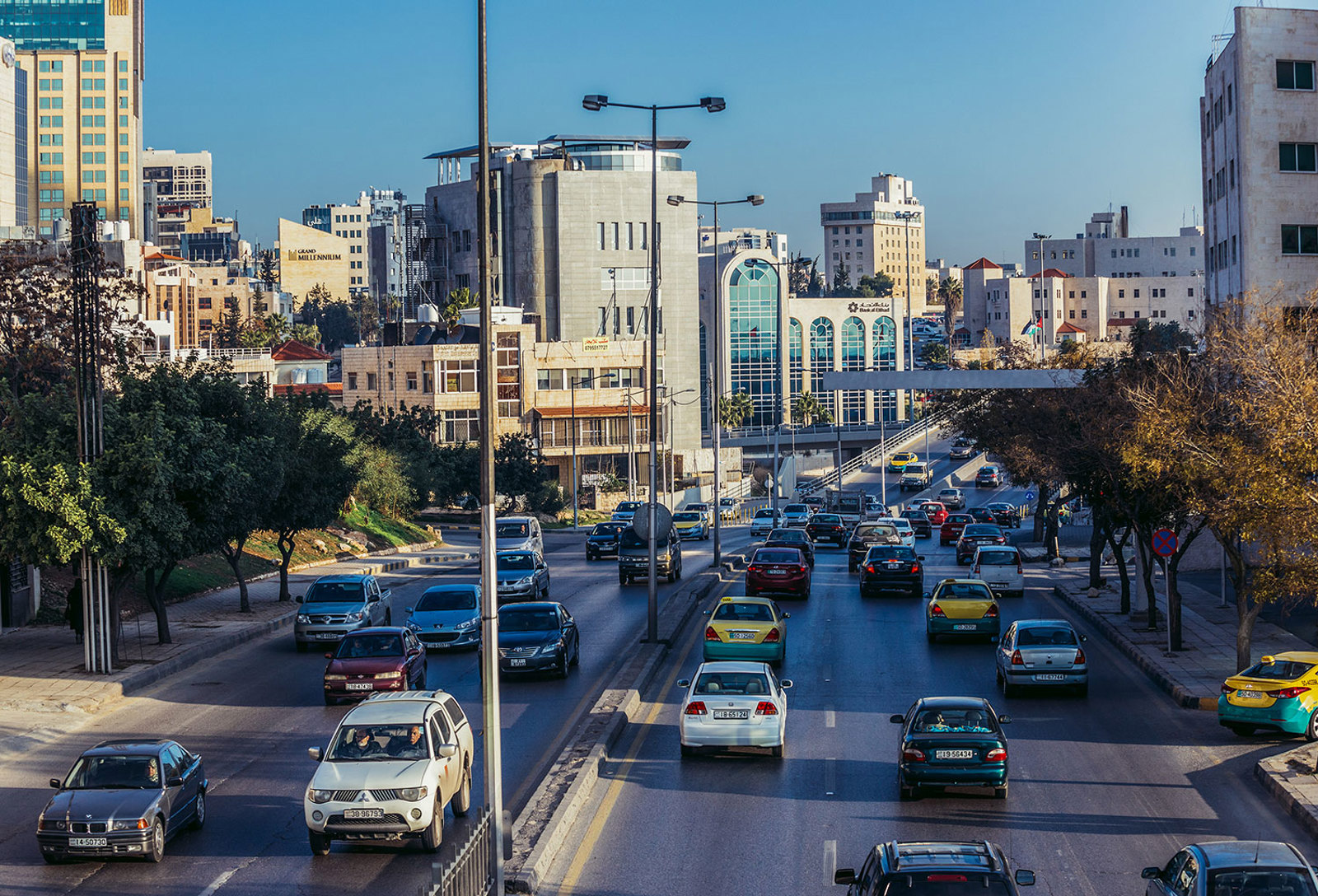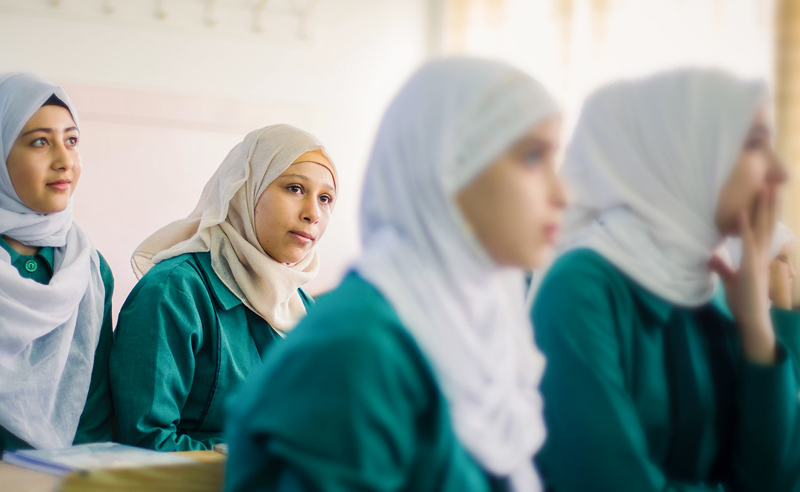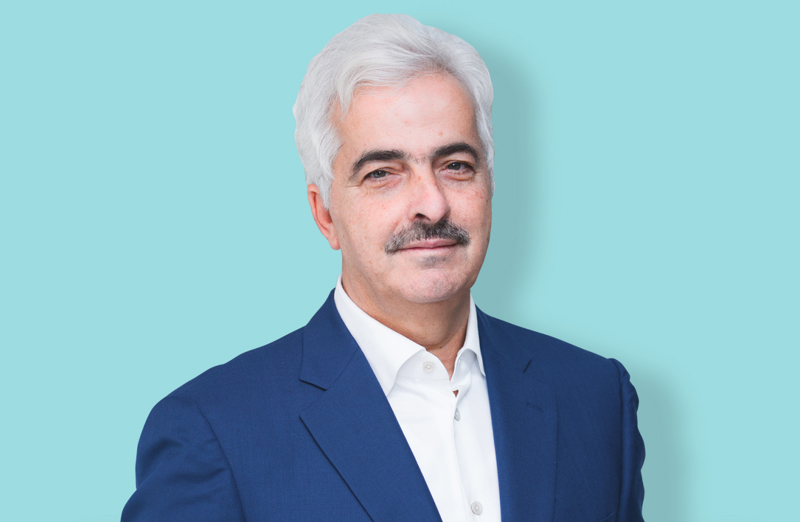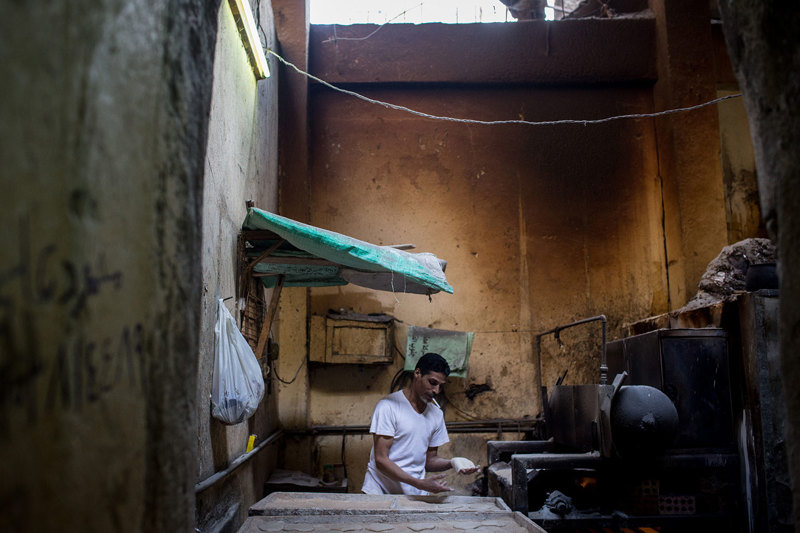Seven years before Maher Kaddoura lost his son, he founded a nonprofit company called Al-Jude for Scientific Care, which helps young people become economically self-sufficient. Al-Jude was Kaddoura’s first effort in applying his private sector experience, networks, and resources to confront social and economic problems that afflict Jordan’s youth.
"Most of our work is on bold, disruptive projects," says Kaddoura. "We don’t do anything traditional. We apply management theory to what we do and we like to partner with others."
Soon after his son’s death, Kaddoura launched the Hikmat Road Safety (HRS) initiative under the Al-Jude umbrella, with a mission to dramatically reduce Jordan’s traffic-related injuries and fatalities, particularly among children and youth.
Kaddoura invested heavily in HRS, contributing US$1.4m to date, as well as his time, knowledge, and passion to support the initiative. By demonstrating simple, easy solutions to address road safety, he motivated other companies and private individuals to contribute an additional $1.7m. Kaddoura also uses his management consulting expertise to guide HRS’s strategy and operations, and his business and government networks, to help advance the initiative‘s impact.
From the outset, HRS was a bold effort, pursuing an issue that others had deprioritized relative to other national concerns. When Kaddoura founded HRS in 2008, it was one of the first initiatives focused on making roads safe at a national level. HRS’s goal was to substantially reduce the total number of traffic fatalities and injuries across Jordan by addressing the root causes of traffic accidents.
HRS pursues multiple approaches to achieving that goal. One is direct service work. Here HRS aims for immediate impact, by designing programs that focus on those most in danger. As Kaddoura puts it, "We consider ourselves a national program, yet focus on where we are bleeding and there is a need for our solutions. We try to get the maximum ‘good’ return on our investment."
The team uses the Central Traffic Department’s traffic accident statistics and other data to home in on high-risk locations and populations, such as schools and young adults. With this collected data, HRS initially focused on the most dangerous school zones. The team helped improve road safety infrastructure (installing speed bumps and safety signs, for example) in these heavily trafficked areas.
Other HRS efforts focus on building public awareness, to change driver and pedestrian behavior. Before HRS, the media rarely covered traffic accidents, and the public was largely unaware of their cumulative toll. HRS highlights the large number of road injuries and fatalities in Jordan, and puts a spotlight on improving road safety and reversing reckless driving.
Advocacy at the national level and stakeholder engagement is another anchor of the HRS approach. HRS brings road safety issues to the attention of the government, automobile clubs, private sector actors, and others, to push for change at the national level. It then collaborates with these stakeholders to take actions to create lasting change in the overall road safety system.
After less than a decade in operation, HRS’s efforts have contributed to a 50 percent decline in Jordan’s traffic fatality rate.
